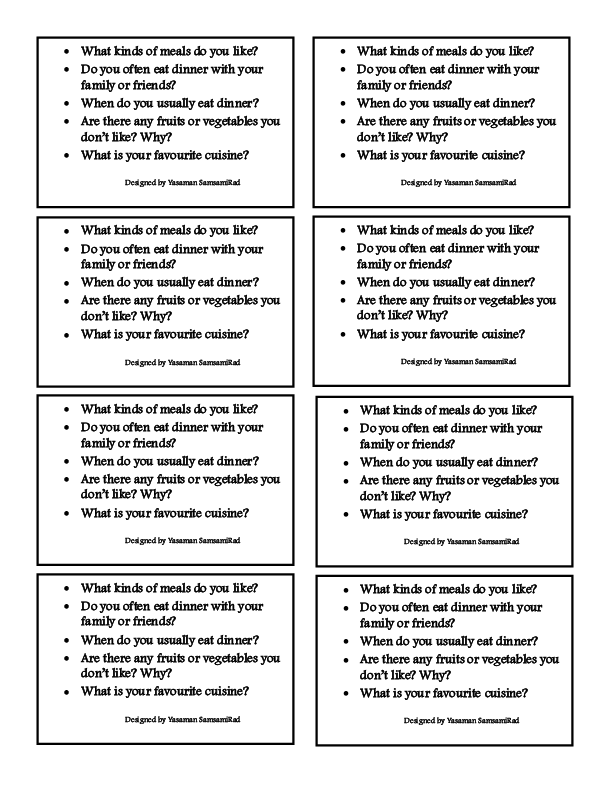SparkNotes: Genealogy of Morals: First Essay, Sections 10.
Beyond Good and Evil Study Guide From a general summary to chapter summaries to explanations of famous quotes, the SparkNotes Beyond Good and Evil Study Guide has everything you need to ace quizzes, tests, and essays.
A summary of First Essay, Sections 10-12 in Friedrich Nietzsche's Genealogy of Morals. Learn exactly what happened in this chapter, scene, or section of Genealogy of Morals and what it means. Perfect for acing essays, tests, and quizzes, as well as for writing lesson plans.
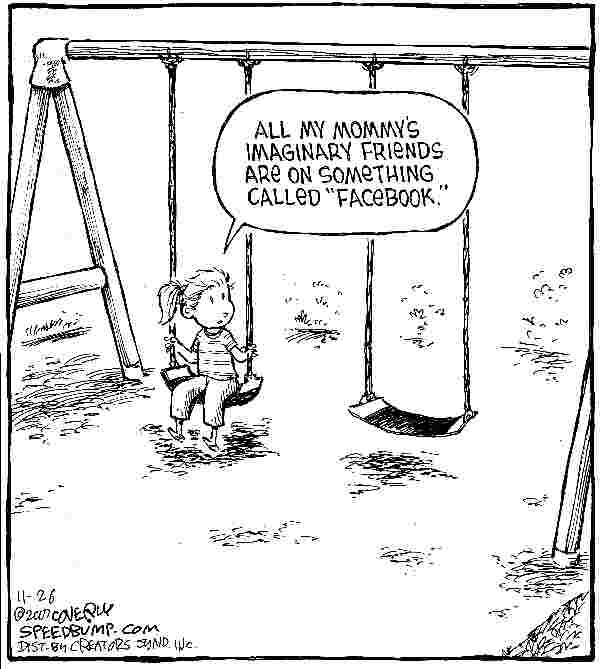
Symptomatically, Beyond Good and Evil begins with a chapter entitled “About Philosophers’ Prejudices.” Written during Nietzsche’s intellectual maturity, hard on the heels of a lengthy.

Friedrich Nietzsche disputed the long-unexamined notion that morality was an absolute. He believed that morality was relative to the condition in which one finds oneself. In Beyond Good and Evil.

Friedrich Nietzsche was a philosopher in the 1800’s. His work has since influenced, impacted, and brought forth new questions for many philosophers to follow. One of Nietzsche’s famous writings Beyond Good and Evil expresses his views on society and the two different classes it holds, slave and.

Nietzsche also remarked that virtually everything which he said in Beyond Good and Evil had been said in his Zarathustra-- but whereas Nietzsche expressed these ideas in an allegorical and “Yes-saying” manner in Zarathustra, he expressed them in a “No-saying” and rigorously philosophical format in Beyond Good and Evil. The work explores.
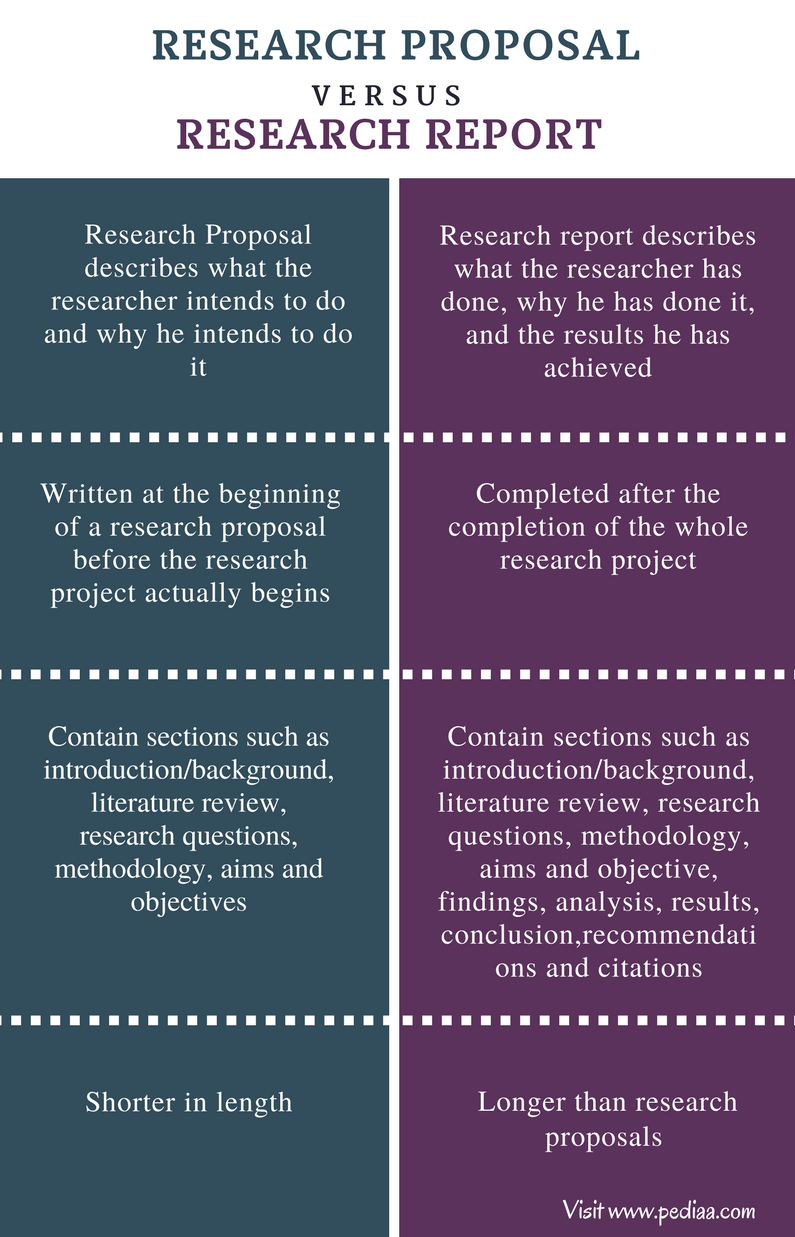
Beyond Good and Evil. 12 January 2017 Melvyn Bragg and guests discuss Nietzsche's On The Genealogy of Morality - A Polemic, which he published in 1887 towards the end of his working life and in which he considered the price humans have paid, and were still paying, to become civilised. Rick Roderick - Nietzsche as Master of Suspicion and Immoralist (1991) Video Lecture on Nietzsche's views.

First Essay Good and Evil, Good and Bad. 1. These English psychologists whom we have to thank for the only attempts up to this point to produce a history of the origins of morality—in themselves they serve up to us no small riddle.

On the Genealogy of Morality: A Polemic (Genealogy of Morals) is an 1887 book by German philosopher Friedrich Nietzsche. It consists of a preface and three interrelated essays that expand and follow through on concepts Nietzsche sketched out in Beyond Good and Evil (1886). Source ssl-images-amazon.com.
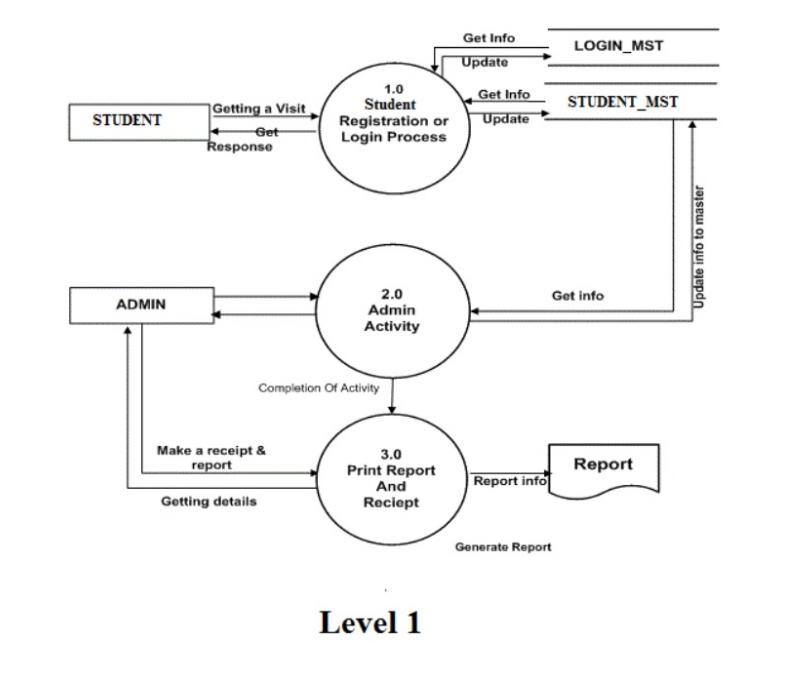
One of Nietzsche's most compelling theories includes an investigation of what he calls slave morality. Slave morality rises forcefully with Constantinople (here you have the combination of imperialism with the Christian power of Constantine). You.
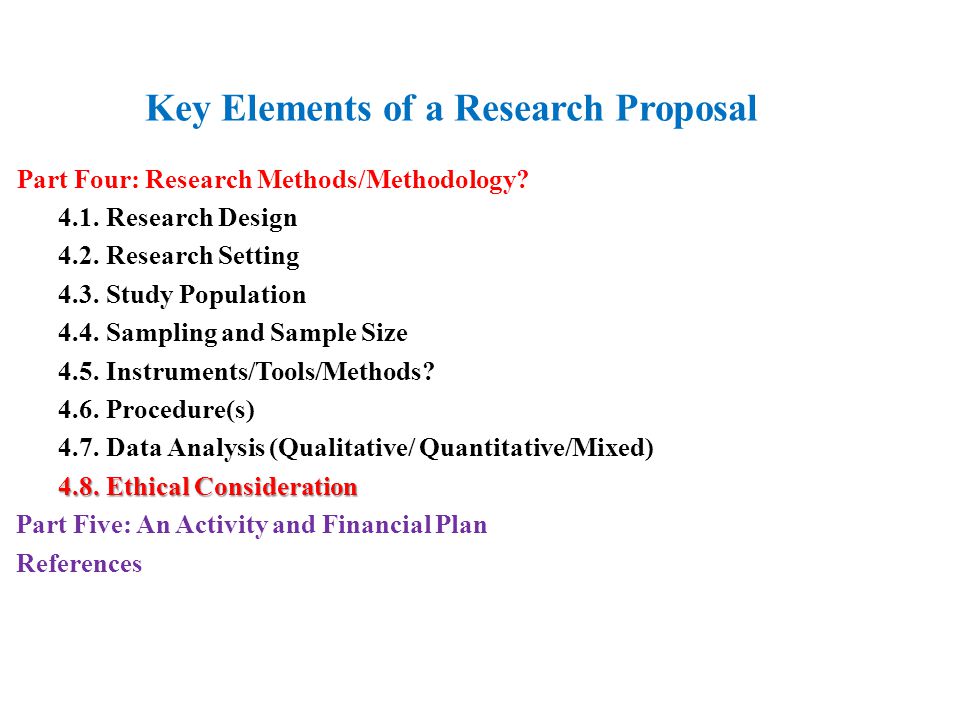
SuperSummary, a modern alternative to SparkNotes and CliffsNotes, offers high-quality study guides for challenging works of literature. This 31-page guide for “The Gay Science” by Friedrich Nietzsche includes detailed chapter summaries and analysis covering 5 chapters, as well as several more in-depth sections of expert-written literary analysis. Featured content includes commentary on.

Nietzsche's The Antichrist (1999) Travis J. Denneson I. Introduction. In his book, The Antichrist, Nietzsche sets out to denounce and illegitimize not only Christianity itself as a belief and a practice, but also the ethical-moral value system which modern western civilization has inherited from it.This book can be considered a further development of some of his ideas concerning Christianity.

Friedrich Nietzsche - On the Genealogy of Morals Prologue 1 We don't know ourselves, we knowledgeable people—we are personally ignorant about ourselves. And there's good reason for that. We've never tried to find out who we are. How could it ever happen that one day we'd discover our own selves? With.


